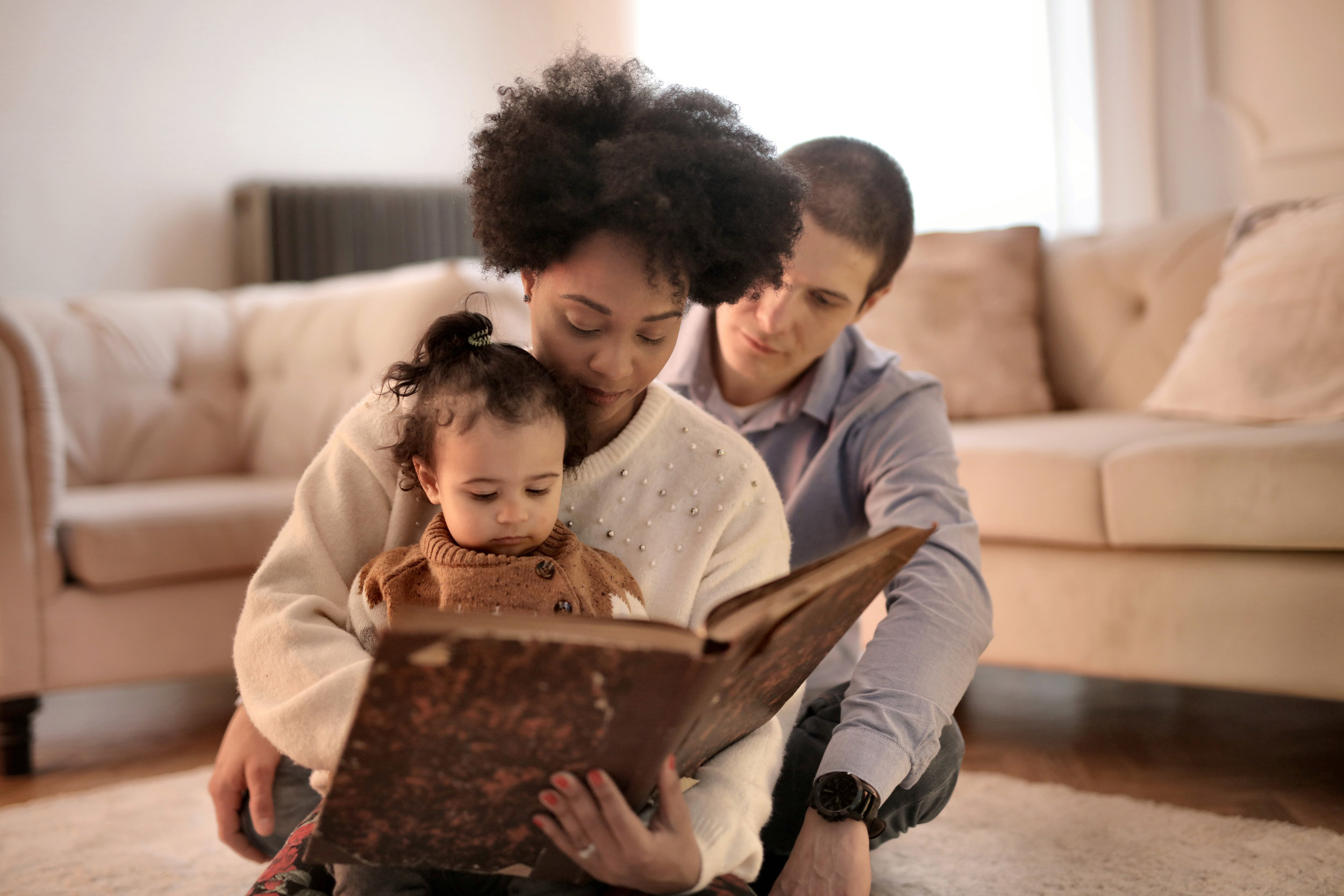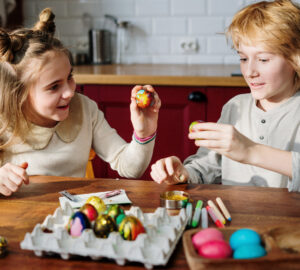As a children’s book author, books have always been an important part of my life. No matter how often our family moved or how remote the places were that we lived, a cardboard barrel filled with books accompanied us every step of the way. My family loved to read to each other. My Dad liked to read aloud from Zane Grey westerns and my Mom read mysteries and loved to recite lines from Shakespeare’s Macbeth.
As I grew older, my brother, sister and I would use books as a springboard for discussions, sometimes even having arguments about what the author really meant or why he or she chose those particular words to tell that particular story. Books engaged us, challenged us and in many ways were time machines that could carry us back into ancient civilizations or hurtle us far into the future on another planet.
Through books, my siblings and I got to travel to places and eras we would never know in person. We had the opportunity to see the world the way our parents saw it when they were young. Slowly over years of storytelling, we began to know what made up those very specific times, the wonderful and the terrible. Our grandmother told us tales from her life growing up and we began to see how people made it through both difficult and happier eras. We began to understand why those well-worn books traveled with us from place to place.
Many books are really just intergenerational storytelling scripts. As I learned so much from books as a child, I learned equally from the storytelling of my mother, father, and grandmother. Different generations have much to share and learn from each other. My challenge to people of all ages is to make an effort to contact a family member from a different generation or make a friend from your community and be open to sharing stories with them.
This doesn’t have to be just a look back into the past either. You might be surprised how open your grandmother is to hear about all the new technologies you are using at school and at home. The sharing and storytelling in an intergenerational relationship can be a two-way street. Just remember that good storytelling is collaborative so be open to listening and speaking.
Here are a few tips that can help with the storytelling process:
- Stories about the past- especially events experienced by grandparents, parents or older family members are often fascinating to younger listeners (especially when those stories include how they made mistakes or got into trouble).
- The more you tell stories, the more vivid details become, the more you find yourself remembering.
- Keep listeners in the loop by involving them in the story.
- Build confidence and skill with younger listeners by giving them the floor to tell stories of their own.
- Don’t be afraid to ham it up.
- Don’t be afraid to tone it down. Sometimes what is wanted is a nice cozy cadence to fall asleep to.
- Keep in mind that storytelling is an interactive adventure and it’s okay if you land some place you weren’t expecting to end up in.
- If a story just doesn’t click, shift gears, start anew or turn to a book or game.
- Storytelling is like cooking from scratch, pay attention to timing and spice and don’t forget to enjoy yourself.

About the Writer
Jonna Laster
Nutshell Regatta in many ways is an homage to author Jonna Laster’s grandmother. The person that championed and introduced her to imaginative play. One of her favorite memories of imaginative play involves her visits to their home. “My grandmother would turn on any random soap opera and then turn the volume off. We would then make up the story for the actors. I would play dramatic chords on an electric piano and we would make up the dialogue for all the actors… we would create a lot of drama, it was so much fun. And also such a great learning exercise. “ Nutshell Regatta is Laster’s first children’s book.









